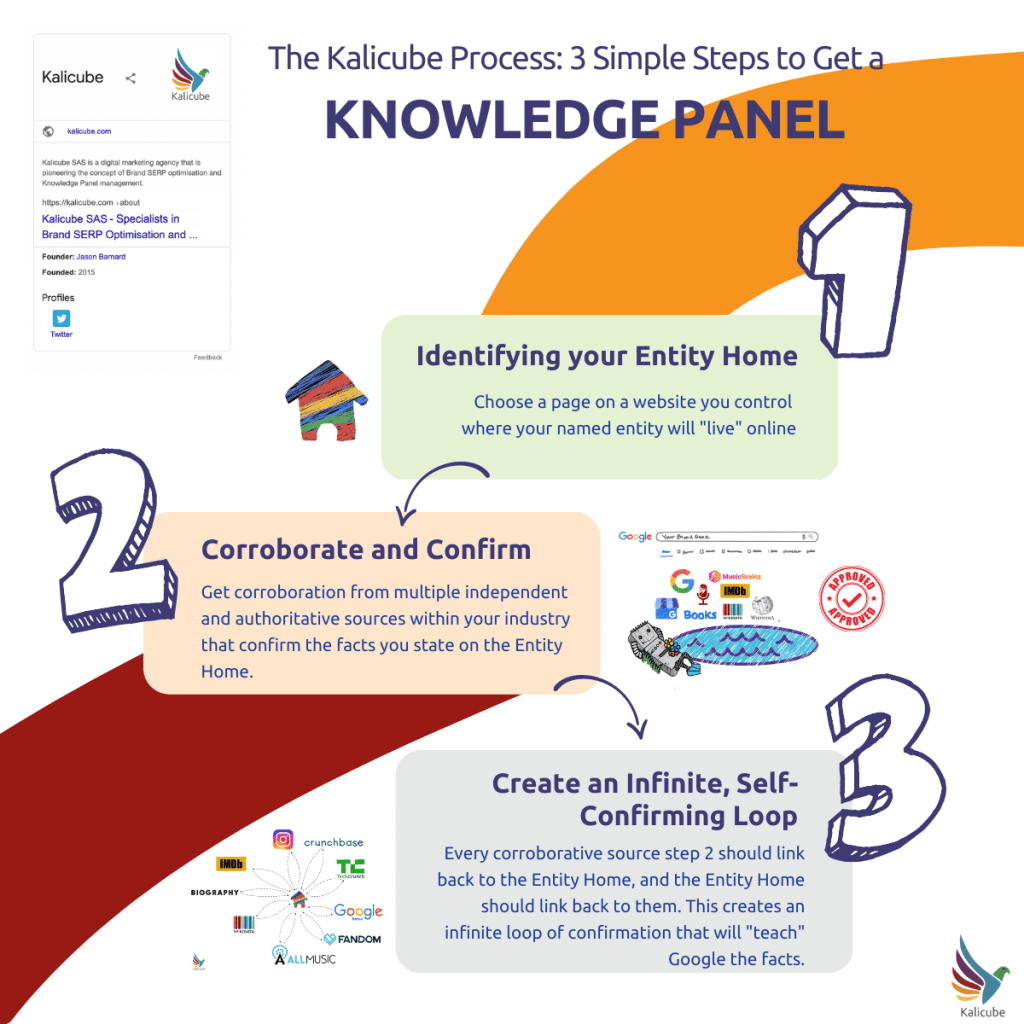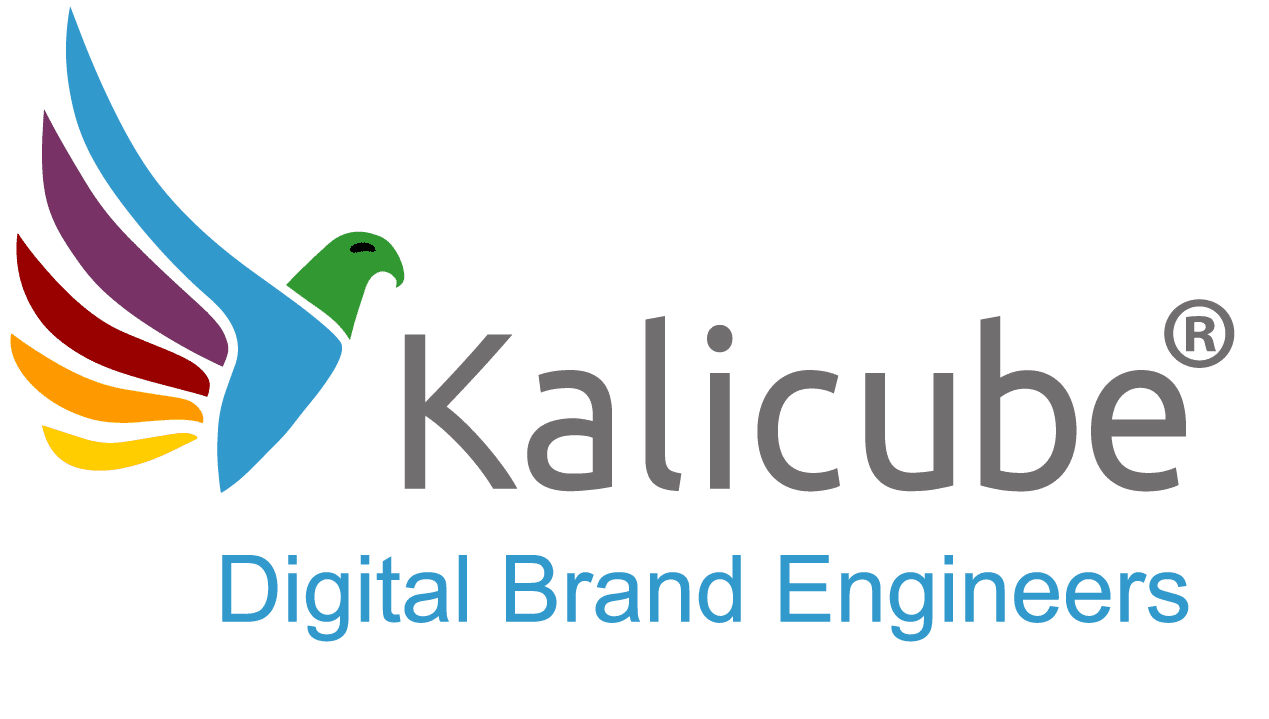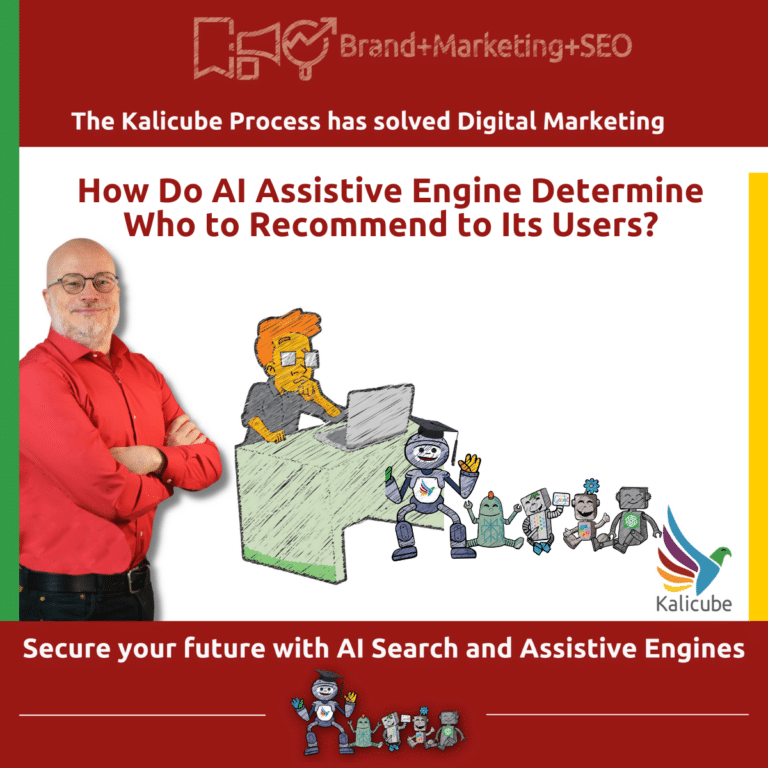Personal Knowledge Panel on Google: What You Need To Know

As a professional, it is important to have a strong online presence and maintain control over the information that is publicly available about you. One way to achieve this is by having a Personal Knowledge Panel.
In this article, we will explore what a Personal Knowledge Panel is, the typical information it contains, and where Google sources this information from. Additionally, we will provide a link to a resource that explains the process for creating and managing your own Personal Knowledge Panel.
By understanding and leveraging your Personal Knowledge Panel, you can ensure that the information displayed about you on Google and Microsoft Bing is accurate and up-to-date, and that it effectively represents your professional brand and accomplishments across all the services they provide (Bing’s ChatGPT feature, Google’s Bard, Google Discover etc).
What is a Personal Knowledge Panel?
A Personal Knowledge Panel is a feature in Google Search that displays information about a specific person by name. It is linked to Google’s Knowledge Graph, a system that organizes information about people, places, and things. Any person can have a Personal Knowledge Panel, as Google does not have strict “notability” requirements. When Google is confident in its understanding of a person, it displays an overview of relevant information about that person in the Personal Knowledge Panel.
A well-optimized Personal Knowledge Panel can be beneficial for professionals, as it can help increase their online visibility and credibility. It can establish them as an authority in their field or industry and make it easier for potential clients or employers to find and learn about their qualifications and expertise.
Your Personal Knowledge Panel acts as your digital business card and a valuable tool for professionals to present their professional brand on Google.
Pro tip: A person who is notable and has a Wikipedia article will automatically get a Personal Knowledge Panel. Without Wikipedia, getting a Personal Knowledge Panel is a little harder, but achievable for everyone (see my Knowledge Panel below). Read this article about triggering a Knowledge Panel without Wikipedia or Wikidata >>
What Types of Information Can be Found on a Personal Knowledge Panel?
A Personal Knowledge Panel can contain a variety of information about an individual, including their name, date of birth, photos, and a short summary description of their life, including their current career and professional background. It can also include links to their social media profiles and other related entities, such as a company they work for or people they are connected to.
Here’s a good example – the Personal Knowledge Panel of Jason Barnard (CEO and founder of Kalicube®):

The information displayed in a Personal Knowledge Panel is determined by Google’s Knowledge Algorithms, which evaluate the veracity, credibility and relevance of the information they find about a person. This means that the more information available about a person from reputable and authoritative sources, the more comprehensive the Personal Knowledge Panel will be.
Professional information Search Engines such as Google and Bing include in a Personal Knowledge Panel such as current job title, employer, awards, and education are useful for professionals to present their professional background and qualifications to the world.
Here is a good example – the Personal Knowledge Panel of Sundar Pichai, CEO of Google:

Where Does Information on Personal Knowledge Panels Come From?
Information Sources for a Personal Knowledge Panel: The Ideal Situation You Should Strive to Achieve
Ideally, the information displayed in a Personal Knowledge Panel comes primarily from the individual’s own website and social media profiles (as shown in the image below), which should be wholly owned and managed by the individual. These sources provide Google (and other Search Engines) with accurate and up-to-date information about the person’s career, education, and professional accomplishments.
This ideal scenario is clearly demonstrated here in my own Knowledge Panel on Google.

Information Sources for a Personal Knowledge Panel: The Most Common Situations
However, for the vast majority of people, the information in their Personal Knowledge Panel comes from third party sources. This means that the vast majority of individuals with Knowledge Panels do not control the information Google and Bing shows about them.
For notable individuals, Wikipedia is the dominant source of information Google uses.


For professional people, Google will take information from databases such as Crunchbase, LinkedIn. Depending on the person’s profession or industry, other sources such as MusicBrainz, Deezer, Discogs, Google Books, Goodreads, and Amazon can also be used by Google.
Less commonly used but still important sources are media sites such as Forbes, Search Engine Land, Entrepreneur.com, CBS, The New York Times. Which one Google uses depends on the authority of the media source in the person’s niche industry.
How Does Google Decide Which Information it Displays on a Personal Knowledge Panel?
Google’s Knowledge Algorithms determine what information is displayed in your Personal Knowledge Panel. You have no direct control over it. However, if you work diligently using the Kalicube® Process, you can exercise indirect control through your own website (or, more accurately, Entity Home).
They evaluate the information they find about you online based on the clarity of presentation as well as the relevance, authority, and trustworthiness of the sources.
The factors that determine what information Google ultimately displays include the following:
- Does Google explicitly understand the information?
- Is the information relevant to the person and their audience?
How to Get Your Own Personal Knowledge Panel
At Kalicube, we have triggered thousands of Knowledge Panels using a simple 3 step process.

As mentioned earlier in this article, anyone can have a Knowledge Panel on Google (or Bing).
The Kalicube Process™ is designed to build solid, reliable and information-rich Knowledge Panels for any Person.
Follow these links if you want to see the 3 step process adapted for any of the following:
- Knowledge Panel for a Person
- Knowledge Panel for a Musician
- Knowledge Panel for an Actor
- Knowledge Panel for a Visual Artist
- Knowledge Panel for an Author
- Knowledge Panel for a Music Group
- Knowledge Panel for a Company
- Knowledge Panel for a Podcast
- Knowledge Panel for a Lawyer
- Knowledge Panel for a Law Firm
- Knowledge Panel for a Digital Marketing Agency
- Knowledge Panel for a Doctor
- Knowledge Panel for a Company Founder
- Knowledge Panel for a Realtor
What are the Pitfalls and Drawbacks With a Personal Knowledge Panels?
If you have read any of the above explanations of the 3-step process, then you know that it is possible to get a Knowledge Panel without WIkipedia. However, it is a lengthy process with many traps and pitfalls along the way.
Here are the common issues we see at Kalicube – you’ll want to avoid these, of course.
Relying on Wikipedia (or Crunchbase, MusicBrainz, IMBD)
It is a mistake to rely on a third party website that you have no direct control over. There are 3 main reasons for this:
- The information in your Knowledge Panel can easily become inaccurate or even damage your reputation. A faceless (possibly disgruntled) editor can change, add or delete information about you, and you can neither control nor guarantee that their changes are truly accurate;
- Your Knowledge Panel disappears if the article/page is deleted;
- The Knowledge Panel will be unstable forever. In and of themselves, Google does not rely on these sources for a deep, substantive understanding of the person. For a Knowledge Panel to be stable and reliable over time, Google needs corroboration from multiple trusted, authoritative sources.
Pro Tip: The Kalicube Process™ neatly sidesteps Wikipedia and ensures that Google has multiple references to build your Personal Knowledge Panel. This removes the risks associated with over-reliance on one or two powerful sources that you can not control.
Failing to Focus on a Solid Entity Home

The Entity Home is the most important aspect of Knowledge Panel Management. (The image at the left side is an example of an Entity Home for a realtor)
The Entity Home is where Google finds information about you, from you. It sounds a little counterintuitive, but Google is actively looking for your version of the facts, clearly laid out on a web page that you own. It wants to hear your version of the story because it can relate to it and simply use the confirmations on the Internet to confirm that you are telling the truth.
A solid Entity Home gives you almost complete control over the information Google displays in your Knowledge Panel, and is also the only way to ensure that your Knowledge Panel is stable, reliable, and information-rich over time.
Pro Tip: The Kalicube Process uses the Entity Home as a hub. Kalicube Pro provides the most efficient and effective solution to ensure that Google and Bing listen to your version of the facts as laid out in your Entity Home.
Failing to Correct ALL Corroborative Sources
The Knowledge Algorithms of Google and Bing thrive on repetitions. Contradictions throw them the proverbial curve ball. Consistency is the key. It’s important to find all corroborative sources Google uses and make sure they accurately reflect the facts you state on the Entity Home.
Whatever you say on your Entity Home, if the information on Wikipedia, Forbes, LinkedIn, Fandom or Golden.com contradicts you, sooner or later your Personal Knowledge Panel will suffer: It could go negative, be inaccurate, shrink, or even disappear altogether.
Pro Tip: Kalicube Pro™ is an automated system that finds every single important corroborating source for you and prioritises them according to their importance to the Knowledge Algorithms. This means you can correct every single source and your Personal Knowledge Panel is no longer just guesswork.
How Does Personal Knowledge Panel Fit Into Brand SERP Optimisation and Knowledge Panel Management?
When properly triggered with information from Google’s Knowledge Graph, a Personal Knowledge Panel can be a reliable and extremely impressive presence on your Brand SERP (Search Engine Results Page for your name). A Personal Knowledge Panel with lots of information vividly showcases your professional brand and services… and it’s a seal of approval from Google.
Ensuring that you have the Knowledge Panel you deserve, and that your audience sees it when they google your name, is obviously an important part of your visible personal branding.
Warning: Always remember that the information Google and Bing display in your Personal Knowledge Panel is selected by their Knowledge Algorithms and CANNOT be directly controlled. However, you can strongly influence them by virtually taking control through your Entity Home. At Kalicube, we advise every client that this is an essential step for any person who is in the public eye.
Since Google pulls information for a Knowledge Panel from sites all over the Internet, it’s critical for every person to make sure the information about them online is accurate and up-to-date. A solid, consistent personal brand message across your digital ecosystem will help Google create an information-rich Personal Knowledge Panel and significantly strengthen your personal brand.
By effectively managing your Personal Knowledge Panel, you can ensure that your Personal Brand SERP is positive, accurate, and compelling to potential partners, customers, employers, investors, journalists… in short, to everyone you interact with now and in the future.
At Kalicube, we specialise in Brand SERP Optimisation and Knowledge Panel Management, and we offer done-for-you services for business owners, founders, lawyers, doctors, and any other professional with an online presence (so, everyone :).






